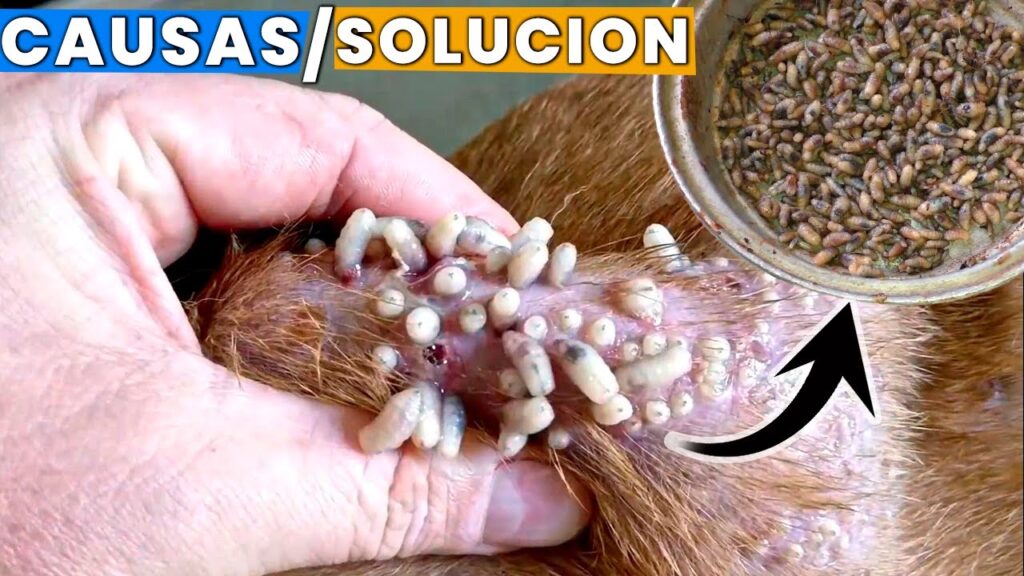For a visual glimpse into this heartwarming reunion, you can watch the following video:
Intestinal parasites, commonly known as worms, are a prevalent concern for dog owners. Among these, tapeworms are particularly notable due to their unique life cycle and the specific challenges they present. Understanding the causes, symptoms, and treatment options for tapeworms and other common intestinal worms is essential for maintaining your dog’s health.
Causes of Tapeworms in Dogs
Tapeworms are flat, segmented parasites that reside in a dog’s small intestine. The most common species affecting dogs is Dipylidium caninum. Dogs typically become infested with tapeworms through the ingestion of an intermediate host, such as fleas. During grooming or in response to a flea bite, a dog may inadvertently swallow an infected flea, leading to the development of tapeworms within its digestive tract.
Other tapeworm species, like those from the Taenia genus, can infect dogs that consume the flesh of infected animals, such as rodents or rabbits. This mode of transmission is more common in dogs with hunting behaviors.
Symptoms of Tapeworm Infestation
Tapeworm infestations in dogs often present with subtle or no obvious clinical signs. However, some indicators may include:
- Anal Irritation: Dogs may exhibit scooting behavior, dragging their hindquarters along the ground due to discomfort.
- Visible Segments: Owners might notice small, rice-like segments around the dog’s anus or in their feces.
- Weight Loss: In severe cases, a significant infestation can lead to weight loss despite a normal appetite.
Treatment and Prevention
Effective treatment for tapeworms involves the administration of anthelmintic medications prescribed by a veterinarian. These drugs target and eliminate the parasites within the intestinal tract. It’s crucial to follow the veterinarian’s dosage instructions to ensure complete eradication.
Preventing tapeworm infestations primarily focuses on controlling the intermediate hosts:
- Flea Control: Implement a comprehensive flea prevention program, including regular use of flea preventatives, maintaining a clean living environment, and treating other pets in the household. WebMD
- Supervised Outdoor Activities: Monitor your dog’s outdoor activities to prevent hunting and ingestion of potential intermediate hosts like rodents.
Other Common Intestinal Worms
Beyond tapeworms, dogs may encounter other intestinal parasites, including:
- Roundworms: Often transmitted from mother to puppy or through ingestion of contaminated soil.
- Hookworms: Can penetrate the skin or be ingested, leading to intestinal blood loss.
- Whipworms: Acquired through ingestion of contaminated matter, affecting the large intestine.
Regular veterinary check-ups and fecal examinations are essential for early detection and treatment of these parasites. Maintaining good hygiene, prompt disposal of feces, and administering routine deworming treatments as advised by your veterinarian can significantly reduce the risk of infestation.
In summary, understanding the life cycle and transmission routes of tapeworms and other intestinal parasites is vital for effective prevention and treatment. By implementing proactive measures and seeking regular veterinary care, you can help ensure your dog remains healthy and parasite-free.



